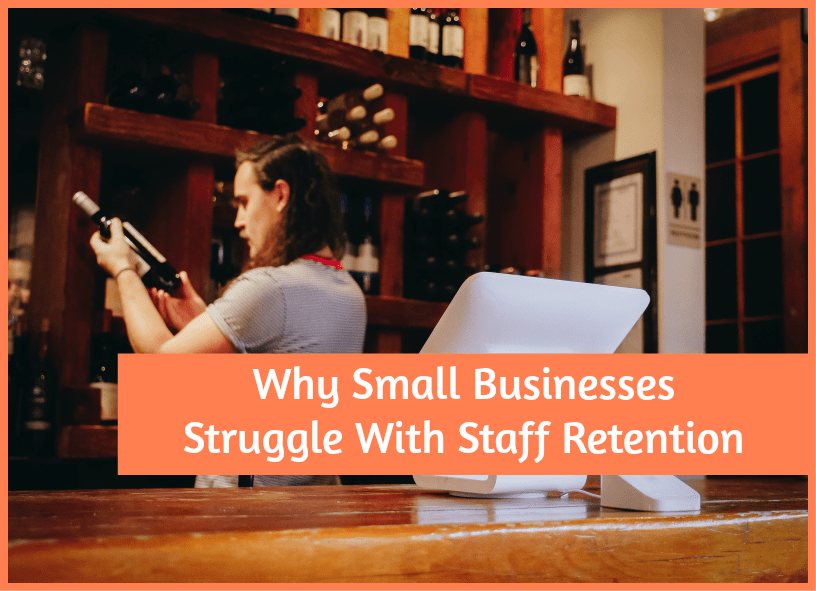
Why Small Businesses Struggle With Staff Retention
According to a new study by Aldermore Future Attitude, over two-thirds of SMEs find it hard to keep talents in the company. As such, retaining professional skills is a significant source of concern for business owners and managers. One in five SME leaders complains about high employee turnover rate. While there is an undeniable resource element to consider, staff retention problems highlight deep business issues in some cases.
In large companies, staff that quit often cite lack of promotion opportunities and better-paid jobs elsewhere as the two most common reasons for leaving. However, while these are also detrimental to staff retention in SMEs, former employees have also highlighted the alarming process and behavioural trends that affect employees.
Indeed, these are the top 4 process and business issues that lead SME employees to quit:
They waste time and opportunities through manual processes
When you run a tight business, it’s understandable that you keep your technology investment to the strict minimum.
Ultimately, SMEs can’t afford to commit a large amount of their budget to the purchase of new tools. Nevertheless, when it comes to keeping team management as efficient as possible, manual processes are not the way forward.
Running your HR service in-house can cost you a lot of time and lead to dramatic errors that can affect your team. Indeed, human mistakes are not uncommon. It’s unlikely your employees will forgive regular mishaps in payroll or health and benefits.
As such, it’s a good idea to invest in a suite of tools such as Employeradvantage.com that can support your team and HR needs. Regular mistakes and delayed actions can drive your employees away.
They don’t recognise achievements
While SMEs may not have the budget to reward their team with a generous bonus, it doesn’t mean that hard work should be taken for granted. Employees who work hard to meet tight deadlines or who provide excellent support understand that your business can’t offer an extra paycheck for their efforts. However, they want to know that their work has not gone unnoticed.
Recognising efforts and performances is a no-brainer to keep everyone motivated. Nobody wants to go the extra mile only to realise that the company is ignoring their achievements.
They can facilitate bullying or unfair treatment
Small businesses can unknowingly create a terrain that is favourable to unfair treatments.
When a team has been with the company for a long time, the process of integration can be made unnecessarily difficult for newcomers. For instance, a new employee can be left out from team meetings and social gatherings, which can impact on their performance and mental health. As such, new employees can find themselves trapped in a situation where nobody pays attention to them.
They don’t know how to cope with the workload
Small businesses need to balance their workload effectively. Unfortunately, they are often in a situation where the business capital doesn’t allow for the recruitment of new talents. As a result, the in-house team can receive a high workload. When this is the case, SMEs can consider outsourcing their projects or additional skills to reduce pressure on the team.
Staff retention is a challenge for most employers. However, small businesses can make things unnecessarily complicated for their employees. It appears indispensable to fix processes and HR issues that can arise within the company as a result of bad habits or lack of time and tools before these drive your company to a standstill.
© New To HR


